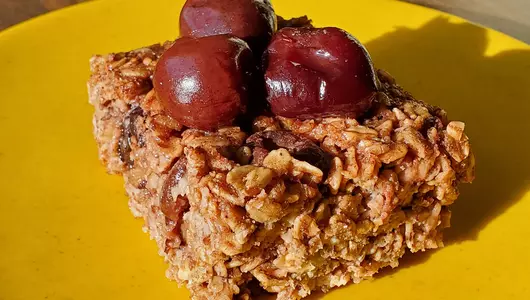We've all heard the old adage "eat a rainbow of colors" when it comes to fruits and vegetables.
This common advice would exclude cauliflower, but don't let this vegetable's color (or lack thereof) keep it from finding a spot on your plate. Cauliflower is one white vegetable that is extremely nutritious. Cauliflower is packed with 77 percent of your daily vitamin C needs, 20 percent of your vitamin K needs and 10 percent of your vitamins B6 and folate needs. Cauliflower also contains other B vitamins, magnesium and potassium. It ranks among the most antioxidant-rich and vitamin-dense foods available.
Cauliflower has become a popular replacement for foods such as potatoes, rice and flour. One cup of cooked cauliflower has only 50 calories, 10 grams of carbohydrates and five grams of fiber. Using it as a substitute can be a great way to improve the nutrient quality of the menu while reducing calories and carbohydrate portions. It will also allow you to increase your portion and add more vegetables to your diet. Cauliflower, itself, has a mild flavor tends to take on the flavors of the other ingredients in your dish. Chopped cauliflower is very versatile and can be roasted, baked, sautéed, mashed and added to soups and salads.
Experiment with some great ways to use cauliflower in your diet:
- Add cauliflower florets to pasta bakes and casseroles.
- Use cauliflower instead of rice in a burrito.
- Replace noodles or rice in soups with cauliflower.
- Mash cauliflower instead of mashed potatoes.
- Use cauliflower in potato salad.
Related articles

Greek salad dip recipe

Greek salad recipe

Chocolate cherry baked oatmeal recipe

Fresh ideas for fruit
